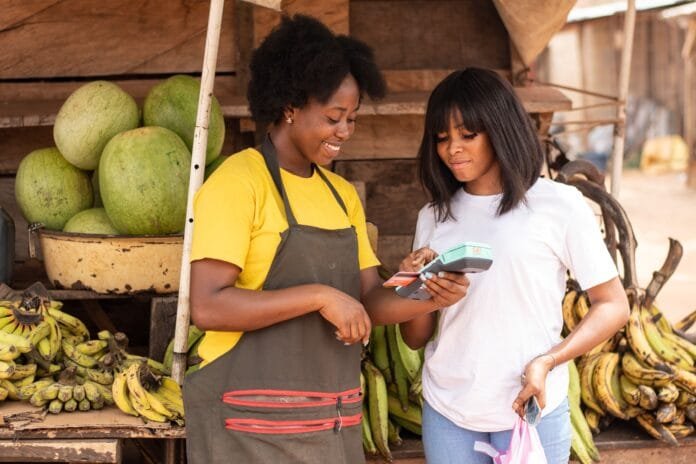The banking sector in Mozambique has played a pivotal role in promoting sustainable development by integrating practices that balance economic growth, social inclusion, and environmental protection.
Financing Renewable Energy Projects
Banks have been crucial in financing clean energy projects. A notable example is the $54 million loan approved by the African Development Bank for Mozambique’s first large-scale wind farm, located in Namaacha, with a capacity of 120 MW. With Mozambique’s energy sources currently dominated by hydroelectric power and gas, the Namaacha wind farm project will help reduce annual CO2 emissions by approximately 71,816 tons, contributing to the country’s commitments under the Paris Climate Agreement.
The project will support economic growth, job creation, and an improvement in living standards. During construction, it will create 600 jobs, with approximately 120 allocated to women and 300 to young people. Once operational, the project will generate 20 permanent jobs, with a focus on gender and youth inclusion.
Banking and Financial Inclusion Programs
Expanding banking services to rural areas is essential for sustainable development. The “One District, One Bank” project aims to accelerate financial inclusion in rural areas, ensuring complete banking network coverage and promoting financial inclusion for more isolated populations.
To achieve this, the government will provide financial institutions with facilities to establish agencies in 72 districts within a four-year period.
Internal Sustainability Practices
Banking institutions like Moza Banco have adopted sustainability policies that guide business operations with ethics, transparency, and commitment to sustainable development. These practices include the prevention and management of socio-environmental risks, promoting responsible relationships with all stakeholders.
Moza Banco sponsors projects aligned with its Social Responsibility Policy, primarily focusing on interventions in the fields of culture, education, and health. As resources are limited, the Sponsorship Policy, in line with the Bank’s Strategic Planning guidelines, mandates that all requests undergo a strict evaluation, particularly regarding objectives, presented documentation, deadlines, and accountability processes.
Recognition of Sustainable Initiatives
Absa Bank Mozambique was awarded the 2023 Best Bank for Sustainable Development Mozambique Award by Global & Finance Magazine. This recognition reflects the bank’s commitment to Mozambique’s economic, social, and environmental development. Its actions positively impact the communities in which it operates through its sustainability efforts, particularly in environmental protection, social inclusion, youth empowerment, and gender equality.
Partnerships for Youth Empowerment and Sustainability
UBA Bank, in partnership with the Tony Elumelu Foundation, UNICEF Generation Unlimited, and the IKEA Foundation, presented a project during the 78th United Nations General Assembly. This program aims to empower African youth to address the triple planetary crisis of climate change, biodiversity loss, and resource scarcity. In a world where environmental challenges are becoming increasingly urgent, these organizations have joined forces to create a dynamic initiative that will not only have a significant environmental impact but also provide sustainable job opportunities. According to the 2022 Household Budget Survey (IOF) by the National Statistics Institute, unemployment affects around 18.4% of youth in Mozambique.
Final Considerations
The banking sector in Mozambique plays a vital role in promoting sustainable development through financing ecological projects, expanding financial inclusion, adopting responsible business practices, and supporting initiatives that empower local communities. These actions not only drive economic growth but also ensure that progress is balanced and sustainable in the long term.




